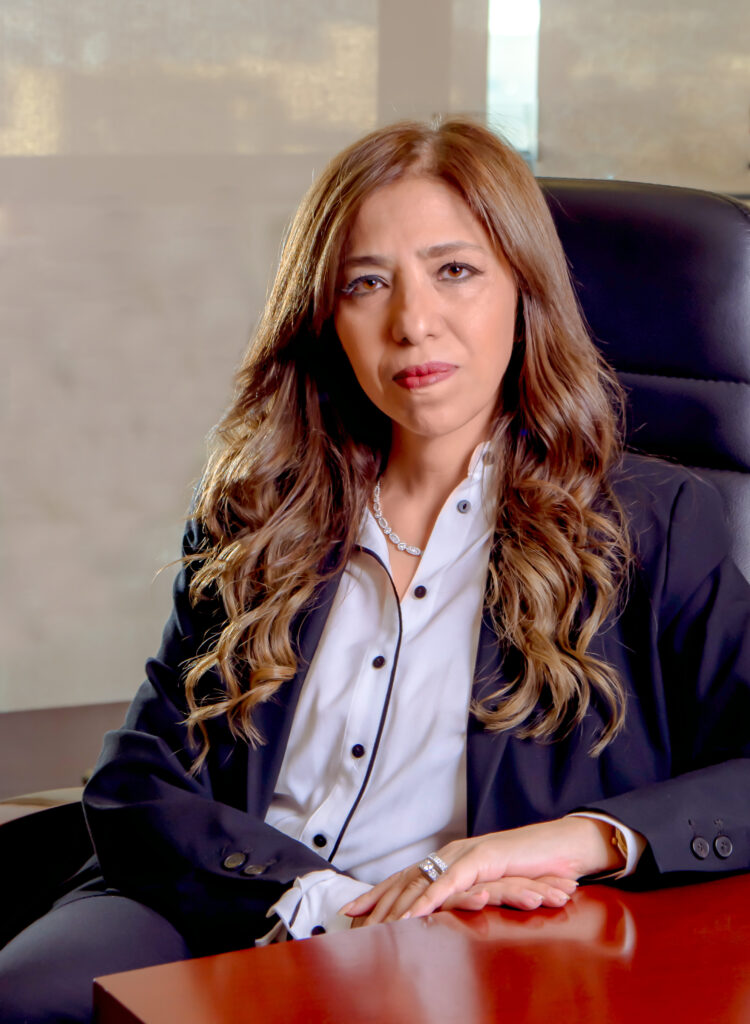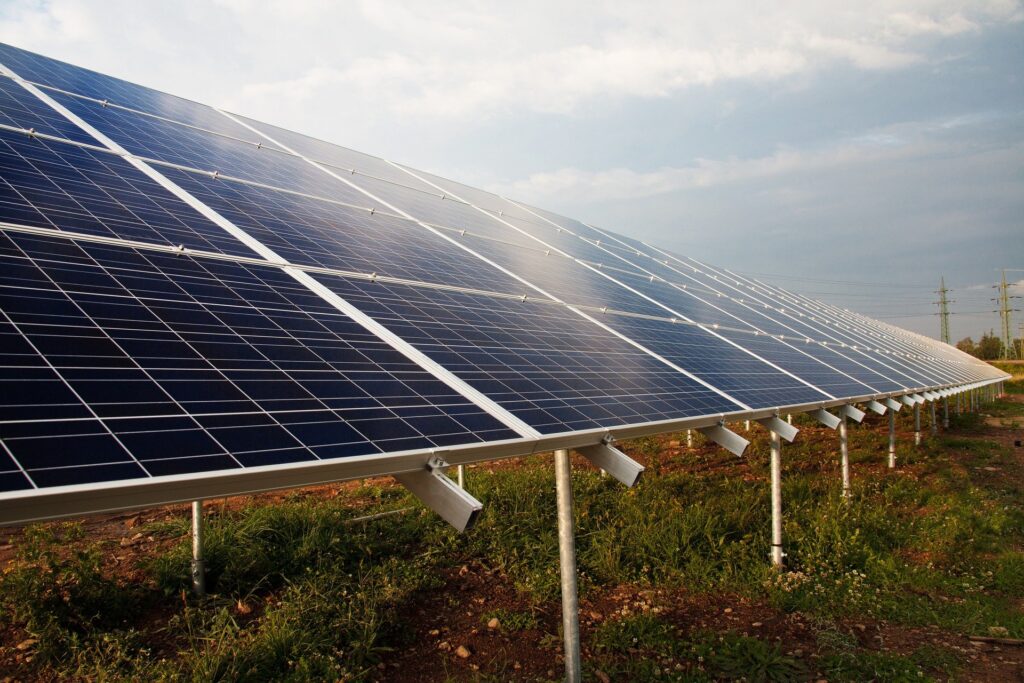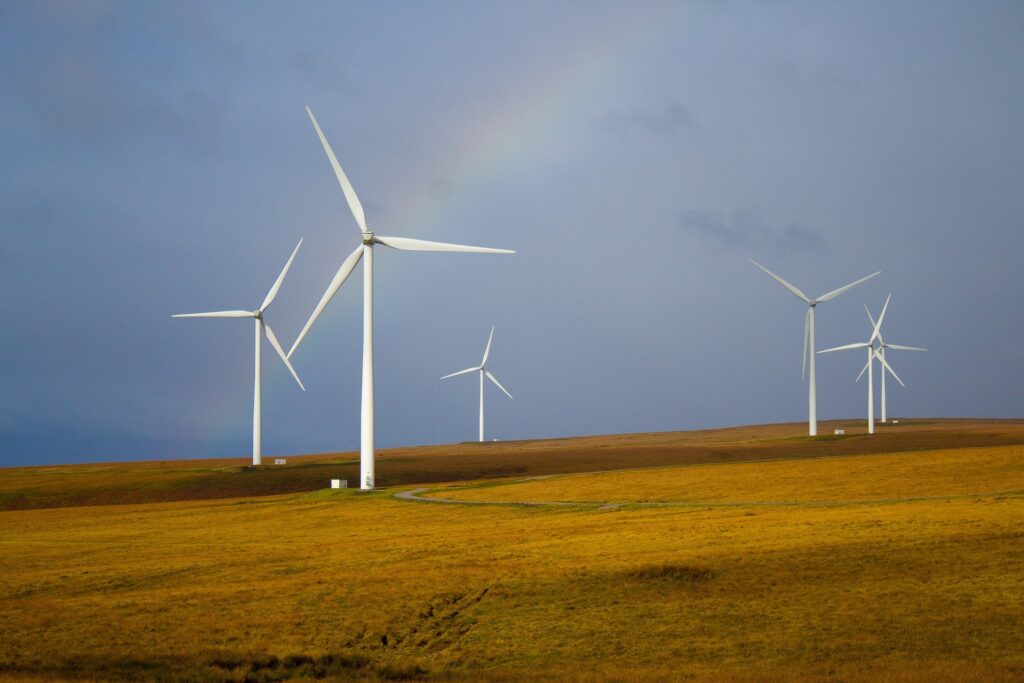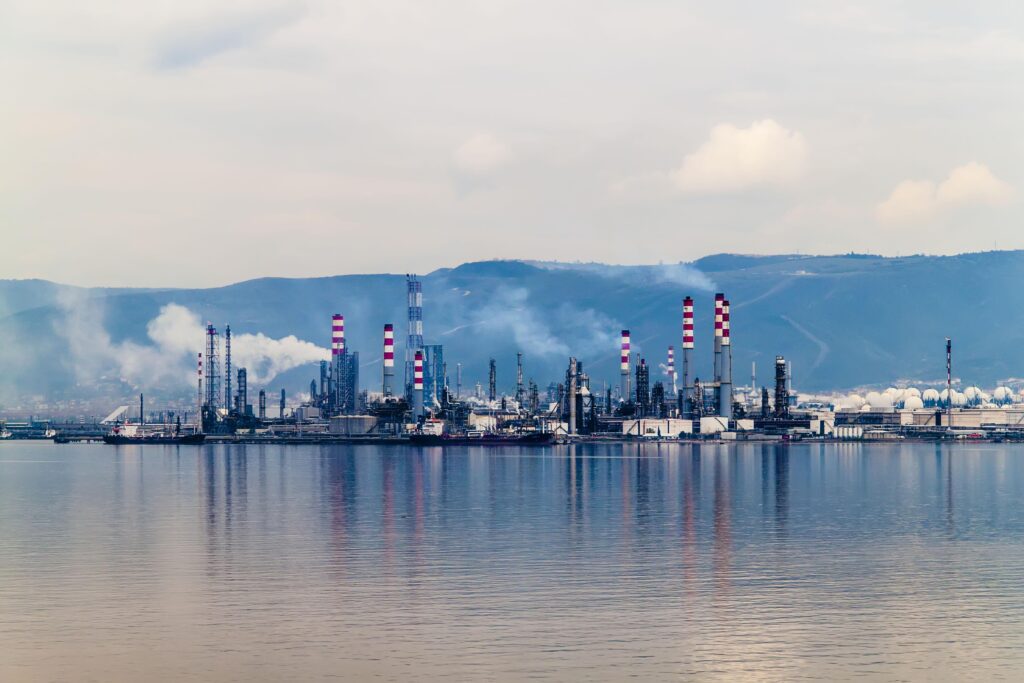As governments and companies inch toward the deadlines for meeting their climate pledges, they must develop sustainable business models that meet the climate challenges and risks. Elsewedy Electric is one of Egypt’s pioneers, having reported on its environmental, social, and governance (ESG) goals since 2017. The Financial Regulatory Authority only announced in May that listed companies must file such reports in 2023.
For their efforts, Elsewedy Electric received the European Bank for Reconstruction and Development (EBRD) sustainability award for 2022 for environmental and social best practices at its logistics facility in Sixth of October City. Additionally, it has supplied Sharm el Sheikh with 25 electric-car chargers powered by solar panels as a gift ahead of the 27th Conference of the Parties in November.
Manal Hassan is the group chief sustainability officer of El Sewedy Electric and vice-chairwoman of Elsewedy Electric Foundation. In an exclusive interview with Business Monthly, she discussed how the upcoming UN Climate Change Conference (COP27) might benefit Egypt and how more profound knowledge and better reporting are vital to achieving environmental targets.
This interview has been edited for length and clarity.

What does hosting COP27 mean for Egypt?
It will raise awareness in the private sector about the importance of the ESG goals and climate change policies. In developed markets, the private sector has been very much engaged. In emerging markets, not a lot of companies have attended COPs. I think having it in Egypt is going to — at least for [local] companies — make them want to understand more.
It’s good we are seeing this in Egypt because not many companies understand the importance of ESGs. Most consultants do not really educate or tell clients how to do a full carbon footprint report or a sustainability report. Most reports mainly focus on CSR programs. That will be a huge [opportunity] where companies can focus and understand sustainability reporting. It also will help them create decarbonization roadmaps; they will start to have key performance indicators and targets for going carbon neutral.
And maybe it will raise attention in public schools to have some sort of curriculum about the importance of climate change and sustainability.
I hope the momentum continues after COP27, because this is the year of implementation for the whole world, as 2030 [when most should meet their climate pledges] is right [around] the corner.
Is COP27 driving companies to expedite or increase renewable energy projects?
Globally [energy generation] will move towards clean energy sources. Egypt’s energy comes from natural gas, wind, the Aswan High Dam (hydraulic energy), and solar. That’s why [Egypt’s] carbon emissions … is 0.6% [of the world’s annual total], while all of Africa accounts for 3.4%. Do you know the total emissions of the United States or Japan, or China? It’s a lot more than the whole continent of Africa.
COP27 might encourage companies to invest in R&D, decarbonization, and going carbon neutral. They also might invest in climate mitigation to offset their emissions. They might invest in eco-friendly products for export if they want to sustain their business, in addition to green hydrogen and carbon capture projects.

Locally, how does Egypt Vision 2030 influence companies’ strategies?
Sustainability is well embedded in Egypt’s vision and roadmap. When a country builds a structured plan, the same should go for the private sector. Businesses must have their 2030 roadmap aligned with the country’s vision. You have to revisit the strategy on a yearly basis, not only to see what you have achieved but to decide whether you want to add or adjust something.
How can Egypt transition toward green energy?
Egypt does not really need this green transition in the short term. Still, as it is a global agenda, Egypt will be able to transition to a green economy sooner than other countries. Our energy mix in Egypt is quite good.
There will always be a need for natural gas globally, not just in Egypt. Because in industries you need high temperatures. For example, if we take our industry … we have 300 different types of wires; copper needs a high temperature to melt and mold into various thicknesses. Such temperatures can’t be obtained from solar panels or wind. The same will apply to many industries like cement and steel, for example.
Green hydrogen is interesting. Some researchers claim that if the whole world goes into green hydrogen, we will eliminate 4% of global carbon emissions. So natural gas will always be the transitional energy when moving from traditional energy sources like coal until we reach another green sustainable energy mix.
What is your recommendation for companies that want to create a sustainability strategy?
It must be handled by an economist who can create [a competent] ESG team. In Egypt, businesses are giving this role to their marketing departments, and it ends up that they issue reports on the CSR activity. Downplaying sustainability will lead to unsustainable businesses. Moreover, it will lead to inaccurate reporting about the ESG and company strategy.
What current government policies can encourage companies to improve their reporting on ESGs?
The government has really taken very serious actions; I think that was because of COP27. We are very happy the government is making ESG reporting mandatory, based on the revenue of each listed company in EGX.
[Meeting ESG standards] can improve awareness, training, and set standards [for reporting]. These standards are already established and implemented internationally. So if [the country adheres to ESG reporting standards], then whatever requirement is needed from the government, [implementing and enforcing it will be] easy because … you have the data and have done the work.
Also, the government is now discussing creating a carbon credit certificate. That should be something that would encourage many private sector companies to take decarbonization seriously to get carbon credits.
It also encourages investors, be they Egyptian or non-Egyptian, to [lower emissions] when they know that carbon credit certificates are being issued.
The government also is moving toward green hydrogen projects, [which] will [have] green hydrogen certificates.
You can even see the EBRD, IFC, and other international entities encouraging SMEs to transition into green [operations], and … giving them support in consultancy at significantly discounted rates. There is a movement, and hopefully, everybody will be on board with it.

What are the initiatives that can further engage the private sector in renewable energy projects?
Governments giving incentives to the private sector will accelerate green investments in every line of business.
We have projects in Africa, Europe, and Latin America [because they offer such incentives]. We have [projects] that, once they start operating and are on the grid and producing the megawatts, we will … disclose [them].
How do you see COP27 benefiting Egypt’s sustainability goal?
COP27 is about policies and procedures. It’s not country-specific. How would it help us? The publicity. It’s enough that the whole world will be eyeing Egypt on TV. People still think that we’re riding camels and living in pyramids.
They’ll know what Egypt is. We’ll benefit from tourism, awareness, and people learning more about Egypt. The public in Egypt [will be] curious to know what … is so important about … COP27. It will push for more policies coming out of Egypt for climate change and ESG [reporting and standards]. I’m sure a lot of ministries will revisit their strategies to encourage foreign investors according to the resolutions that come out of COP27. We will see a lot of recommended projects, signatories, and investment opportunities. [That will] definitely be something that will help Egypt move forward.
What kind of CSR projects can contribute to sustainability goals?
It depends on the activity of the company and the community it works in. [We] always do projects in partnership with the community by studying and discussing needs and aligning the priorities before implementing them. You might find that the top priority is a hospital, for example. But when you sit down with the community, they will tell you they don’t care about [a] hospital in this area because they can go to the hospital in the next village. They might say what they really need is water or infrastructure. So you need to engage. You need to feel the community being part of what you’re doing. Otherwise, you will be putting out money, and it will not be sustained. It has to be owned by the community.
How are Elsewedy Electric’s CSR projects contributing to sustainability efforts?
We focus on health and education. In health, we focus on infrastructure, which is very important for people. Usually, a lot of companies would not want to get involved in [infrastructure] because it takes a long time to implement. But we don’t mind because we believe in good health. Education is the same. Ahmed Elsewedy, the president and CEO, is an education developer. Technical education had a terrible reputation in Egypt, and nobody wanted to invest in it. But Elsewedy had a vision that changed this and the outlook of the families involved.
What’s interesting is that we are seeing people applying who have high scores in their [preparatory] degree … 95%, 97%, and 87%. They chose not to go to mainstream Thanawiya Amma but to attend our [secondary] technical schools. We’re also delighted that parents approached us and said, “Can we enroll our girls?” And we said we couldn’t do an all-girls school and an all-boys school. It has to be mixed. We were astonished that they said, “Well, her brother graduated from your school, and the ethics and what you have given [him] would make us trust having our girls in a mixed school.” So it’s a mindset change, a game-changer. That is something that brings pride and joy.
Why are vocational schools important on the road toward sustainability?
People with vocational or technical skills are the people of the future. Jobs will look different in 2030 and 2040. We already see fintech, which will cater to more individuals than banks ever could.
With electronic wallets, and money being transferred [online], we’re seeing a lot of things replaced. Customer service is being replaced, for example, with chatbots.
So who will survive? The people with the skills. Having a technical skill will be more important than having a university degree because AI will do all of that for you in a lot of things, even for engineers, doctors, and so on. So we need to look [to] the digital era.







